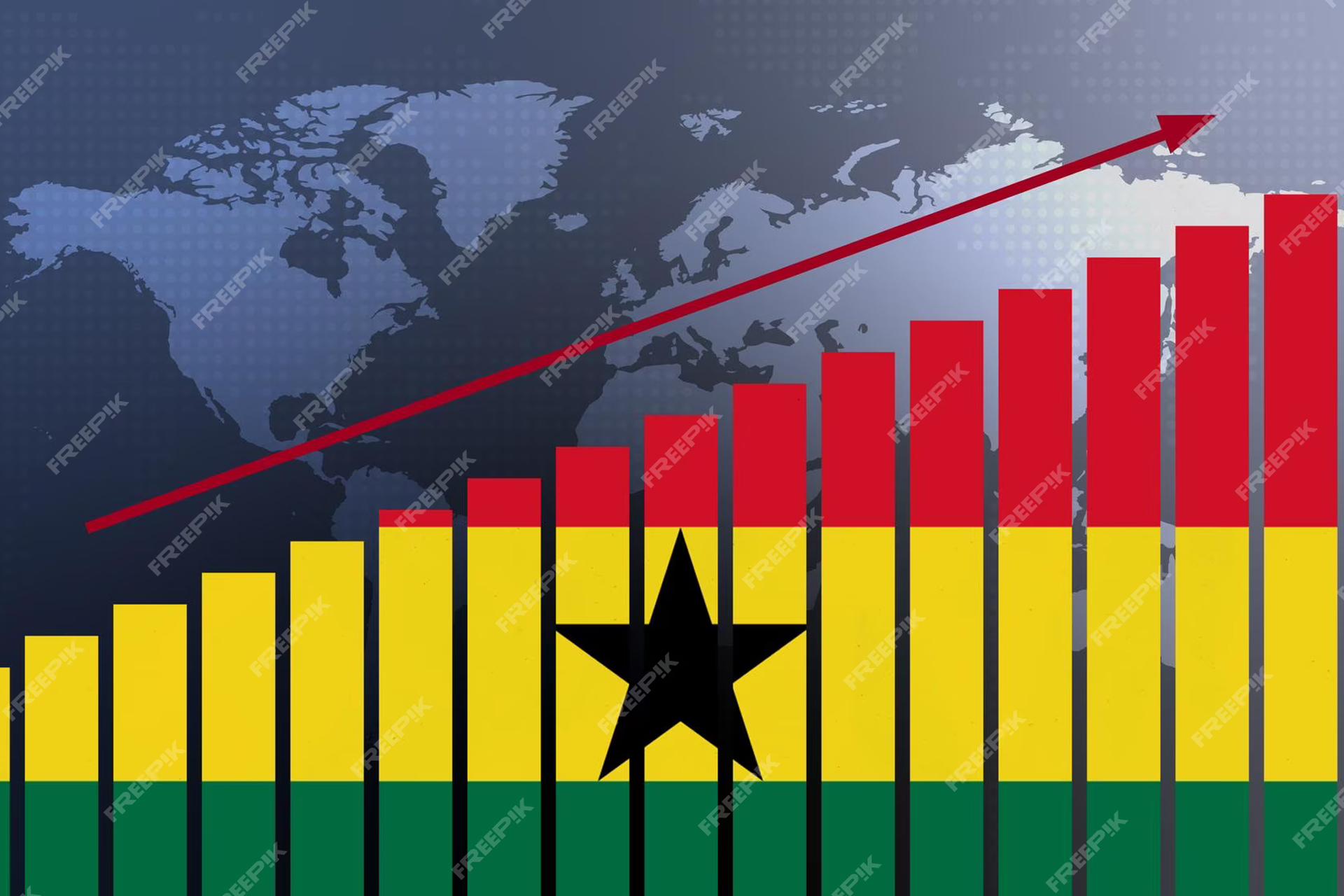Ghana, one of Africa’s top gold and cocoa producers, holds enormous economic potential. Yet, the country is now facing its worst financial crisis in decades. Over the past year, prices of goods have surged by an average of 41%, pushing families to the brink.
What Triggered the Economic Collapse?
The global COVID-19 pandemic and the ongoing war in Ukraine have deeply affected Ghana’s economy. President Nana Akufo-Addo blamed the crisis on “malevolent forces” hitting the country all at once.
The ripple effects have been severe. Many families struggle to afford basic items as inflation eats away at their purchasing power. Salaries remain stagnant while the cost of living keeps rising.
Ghana’s Debt and Foreign Reserve Problems
The cedi has lost much of its value against major currencies, worsening inflation.
The nation’s debt has ballooned to nearly 90% of GDP. At the same time, Ghana’s foreign currency reserves are almost empty, making it hard to pay for imports like oil and medicine.
According to the Bank of Ghana, the cedi has depreciated significantly, worsening inflation and slowing economic growth.
Read our guide on how inflation affects African economies
The $3 Billion IMF Bailout Plan
To tackle the crisis, Ghana turned to the International Monetary Fund (IMF). The result: a $3 billion IMF bailout spread over three years. So far, the IMF has disbursed $1.2 billion after completing two reviews in May and October—each unlocking $600 million.

What the IMF Program Promises
The IMF bailout aims to stabilize Ghana’s economy through fiscal discipline and reforms.
The IMF agreement aims to:
- Stabilize public finances
- Slow down inflation
- Strengthen the Ghanaian cedi
- Ensure steady prices for basic commodities
If these goals are met, ordinary Ghanaians will feel relief through more affordable goods and services.
Public Reaction: Mixed Feelings
While the bailout offers hope, it also raises concerns. Many people question whether Ghana can responsibly manage this loan, given its history of poor spending practices.
Critics argue that the bailout may not:
- Create jobs
- Reduce poverty
- Raise salaries
Instead, they fear it could lead to austerity—cutbacks on public services and increased taxes.
Will It Work Long Term?
Supporters believe the Ghana IMF bailout is a lifeline. But without financial discipline and transparency, the plan could fall apart.
Success depends on:
- Honest leadership
- Sound economic reforms
- Public accountability
Only time will tell if Ghana uses this bailout as a stepping stone—or slips further into crisis.
Conclusion: A Defining Moment
Many Ghanaians remain skeptical about whether the IMF bailout will truly ease their hardships.
Ghana stands at a crossroads. The IMF bailout offers a second chance—but not a guaranteed fix. The country must act wisely to rebuild trust, control debt, and lift its people from hardship.
This isn’t just about repaying a loan. It’s about redefining Ghana’s future.
Recommended Reading:



Leave a Reply